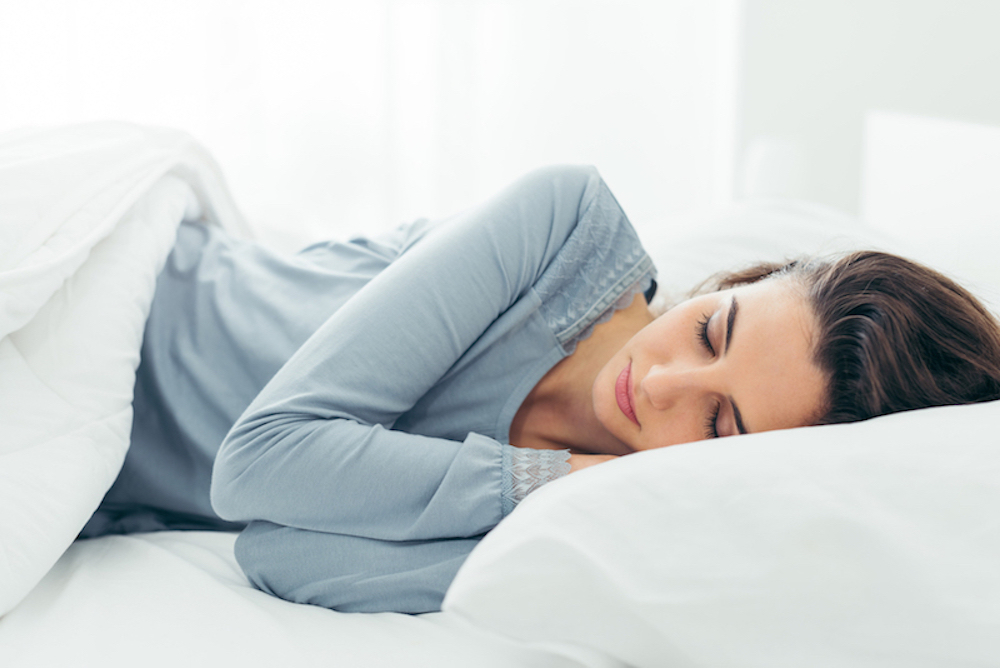Sleep plays a vital role in our health both physically and mentally. Our bodies rely on sleep to help them repair themselves from injury, fight off illness, recover from the day’s activities, and compartmentalise and store memory. Symptoms of sleep deprivation include:
- Headaches/migraines
- Feeling unwell and unable to get better
- Healing from injury abnormally slowly
- Constantly feeling tired
- Increase in appetite
- Weight gain
- Slow metabolism
- Sore eyes
- Limbs and head feel heavy/slow movement
- Feeling weak
- Feeling cold
- Sensory sensitivity
If you regularly deprive yourself of sleep or your quality of sleep is continuously bad you risk serious illness in the future such as diabetes, heart disease and strokes.
You may also feel mental strains such as:
- Increased anxiety, depression, stress and other mental health issues.
- Irritability and mood swings
- Affects your learning ability
- Struggle to recall memories
- Paranoia
- Hallucinations
- Loss of interests
- Decision paralysis
- Reduced social skills and difficulty picking up on others’ emotional cues.
If you feel you may have bad sleep quality and bad habits here are a few things you can try:
Make a Routine
- Relax for an hour before bed without devices, instead read a book, listen to music, meditate, etc.
- Go to bed and get up at the same time every day
- Aim for 7-9 hours (for the average adult) of uninterrupted sleep
- Go out into the sunlight for a few minutes every morning at the same time to help create a good circadian rhythm.
Make a Nice Environment
- Make sure the mattress, pillows, sheets and blankets are all comfortable.
- Make the room cool, dark and quiet.
- Make sure you feel safe in the room
- Take technology out of the room
Things to Try and Avoid
- Using the bed for anything other than sleep e.g. going on the phone or computer, playing games, doing work or studying
- Caffeine, alcohol and smoking
- Napping
- Going to bed hungry or too full
- Drinking Fluids before bed
- Going to bed straight after exercise without giving your body time to unwind
Other Things That May Help
- Keep a pen and notepad next to your bed in case you think of something or have something on your mind you don’t want to forget
- Write a list of what you have to do the next day before you go to bed so your mind is clear
- If it’s taking too long to fall asleep get-up and go for a small walk around your home, read a book, or listen to music. Do something relaxing for a while until you’re feeling sleepy and then go back to bed
- Go for a nice relaxing bath before bed
- We also offer a Goodnight Sleep Tonic that you can try here.
(Please note that these are only suggestions, what works for some people may not work for others. If you think you may have a sleep disorder please consult a somnologist.)
Here is an article on improving health in other aspects of your life – Getting Started

